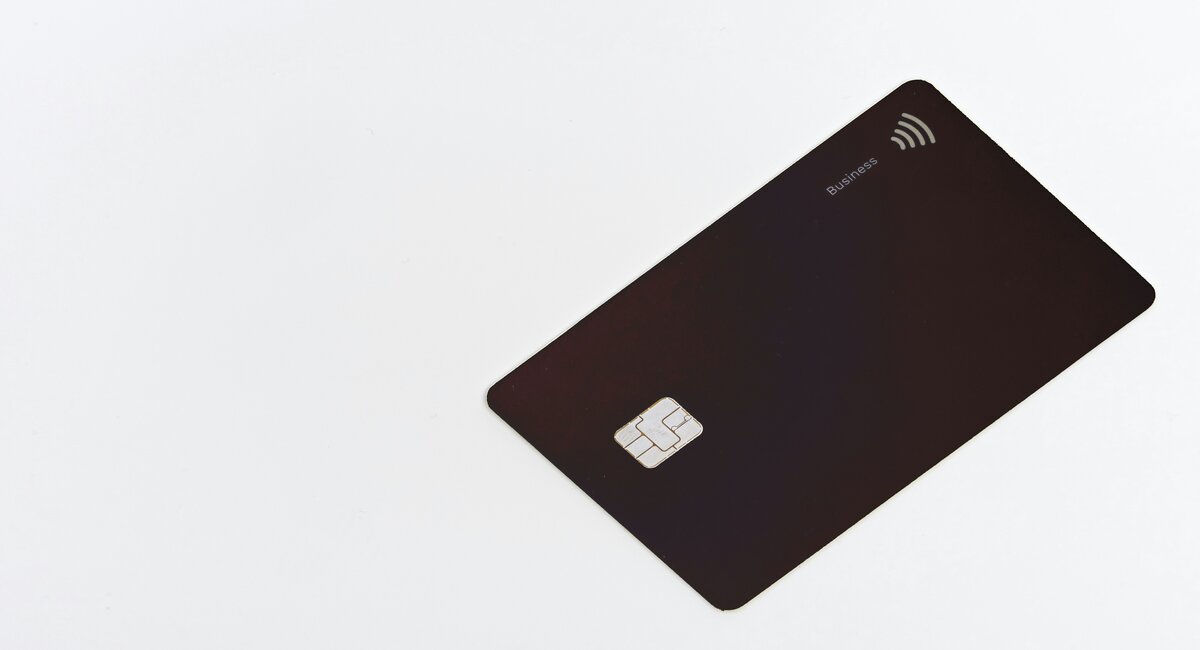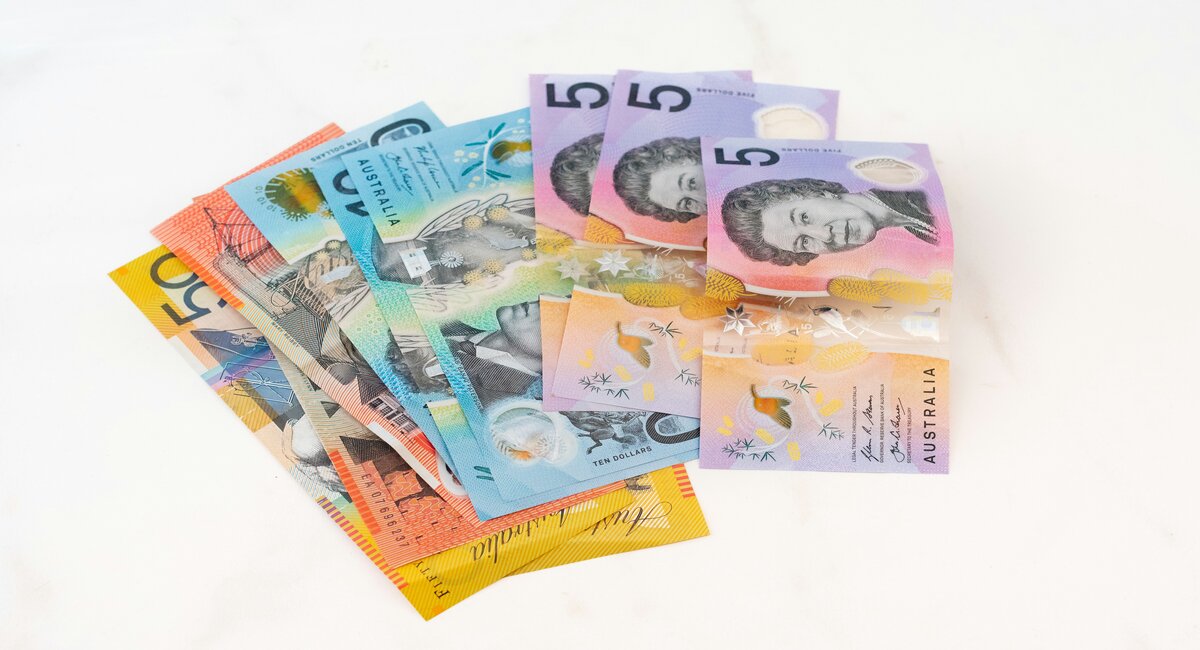In this article, we’ll uncover:
- What is a credit limit?
- What happens if you exceed your credit limit?
- Changing your credit limit
- Why does your credit limit matter?
What is a credit limit?
A credit limit is the maximum amount of debt you can have on your credit card. If your credit limit is $10,000, then you are not able to have more than $10,000 in debt on the credit card.
It’s not uncommon for different credit cards to have varying minimum and maximum credit limits. The minimum credit limit is often between $1,000 and $2,000, while some cards have a maximum of up to $100,000.
However, not every credit card has a maximum. Indeed, there are dozens of cards on the market with no maximum limit, the majority being premium or rewards cards that encourage extra spending with incentives through rewards programs and benefits such as discounts on flights and grocery shopping. In contrast, credit cards with lower limits are typically 'no frills' low rate or low fee cards.
According to the latest data from the Reserve Bank of Australia (RBA), the average credit card limit in Australia is approximately $9,800.
How is a credit limit set?
While it is possible for you to indicate a preference for your credit limit, it's ultimately your credit card provider who will make the final decision. To work out your credit limit, providers generally assess the following:
-
Income: a regular salary will look good to credit providers and will increase your chances of securing a higher credit limit, particularly if this income is quite high.
-
Employment: even a high income might not look good if you jump around jobs every six months or so as credit providers more often than not want to see employment stability. Those employed part-time, casually or as a contractor may find it more challenging to obtain a higher credit limit.
-
Credit history and current debt levels: having a low credit score and a handful of outstanding debts, such as missed payments on a car loan, will lower your chances of receiving a high credit limit.
-
The credit card itself: as mentioned above, credit cards can have minimum and maximum credit limits. No matter how perfect you are (and we don't doubt that you are), it's not really possible to wiggle your way into obtaining a $50,000 limit on a credit card that has a stated maximum limit of $10,000.
Once the provider has settled on a credit limit to meet your application, they'll detail it in the same letter they send with your card in the mail, as well as other key terms and conditions. If you are not satisfied with this credit limit or want to change the limit currently set, you can submit a request to your credit provider for the limit to be altered. You may even consider switching to another credit card provider.
What happens if you exceed your credit limit?
Sometimes life happens, meaning it is possible to go over your credit limit with some cards. In this case, usually one of two things can occur:
-
New transactions will be declined, or
-
You may be charged a fee.
For the providers that don't charge a fee, they will instead decline any new transactions you've made past your agreed credit limit. While this might not necessarily be a bad thing as it can stop you from making unnecessary purchases, it can have some significant consequences. For starters, this happens to direct debits too, such as gym membership fees, which can charge a fee themselves if you don't pay on time.
If your provider does charge a fee, this is called an over the limit fee, which can be as high as $34 each time. This is only true for credit cards that were contracted before 2012, as laws were since passed preventing new cards from charging over the limit fees.
Your credit card lender should contact you directly when you reach your credit limit and again when you cross it.
Changing your credit limit
You can lower or raise your credit limit at any time by contacting your credit provider. The credit providers are under no obligation to approve your request, as they have to again assess your current income, employment, overall credit profile and ability to make repayments. In the past, credit card providers would offer increases in credit limits to reliable customers, but this practice was abolished in mid-2018 to strengthen responsible lending standards.
There are plenty of reasons why you might want to change your credit limit. Maybe you’re planning a big overseas holiday or to purchase a major household appliance, but don’t have time to save the cash. Or, maybe you're spending a bit too much on your credit card each month and want to cut yourself off from spending after reaching a certain point. In this case, you'd seek to lower your credit limit.
You'll have to submit a formal application to increase your credit limit. To increase your chances of being approved, have your income, employment and expenses information at the ready, as this may have changed since you last applied for the card. It may take a few days for your new credit limit to be processed.
Changing your credit limit can impact your credit score
Each time you apply to raise your credit limit, the lender will perform a credit check into your credit profile. While a singular check has little to no impact on your credit score, performing credit checks often can negatively impact your credit score, just as applying for too many loans or missing repayments can.
The Australian Securities & Investments Commission (ASIC) implemented new laws from January 2019 to enforce responsible credit card lending, whereby lenders now have to assume a person's ability to repay debts over three years, instead of the previous five. This move was backed by both consumer groups and big banks as a way to curb credit limit increases, but as a result, credit limit increase approval may be harder.
Further, comprehensive credit reporting is now in place in Australia, meaning information about your credit limits are now included in your credit profile. Although you might not be using the entirety of your credit limit, future lenders might still knock back your application if your combined limits are deemed to be too high or of too great a risk. Ultimately, it’s important to think twice before applying for an increase to your credit card limit.
Why does your credit limit matter?
Your credit limit matters because it's essentially the lender’s way of declaring you're a trustworthy credit card user. A high credit limit means you're trusted with being able to repay that amount - a lower limit less so. Rather than bore you with the exhaustive details of what a higher credit limit can mean, we've instead compiled a handy pros and cons list below:
|
Pros |
Cons |
|
|---|---|---|
|
Higher credit limit |
|
|
Having a lower credit limit, while being less flexible, means you can have greater discipline over your spending. This is particularly useful for people who struggle with the temptation of credit cards, as they can be cut off after spending a relatively low amount.
Furthermore, a higher credit limit can actually have a negative effect on your chances of getting a loan, such as obtaining a mortgage or a car loan. This is because lenders might view your credit limit as potential debt, even if you're a responsible card user. A higher credit limit could see them offer you a less than favourable deal or refuse you altogether.
Savings.com.au's two cents
When it comes to your credit card, It's important to have the right credit limit. On one hand if your credit limit is too little, you can run out of available credit to spend each month. On the other hand, if the credit limit is too big you run the risk of overspending and impacting your financial position.
If you are a responsible credit card user with a proven history of paying off your balance on time and in full every month, then a higher credit limit can work in your favour, especially if you have a rewards or benefits program that provides sufficient incentives for spending higher amounts. If you're struggling to pay off your credit card within sufficient time frames, requesting to lower your credit limit can work in your favour just as well.
Consider the type of spender you are before determining whether to increase or decrease your credit limit - it might be that your current credit limit is perfect already, but that can still change over time.
Article first published November 28, 2018 and updated February 2, 2022.
Image by Karolina Grabowska via Pexels.





























 Brooke Cooper
Brooke Cooper
 Harry O'Sullivan
Harry O'Sullivan

 Alex Brewster
Alex Brewster


